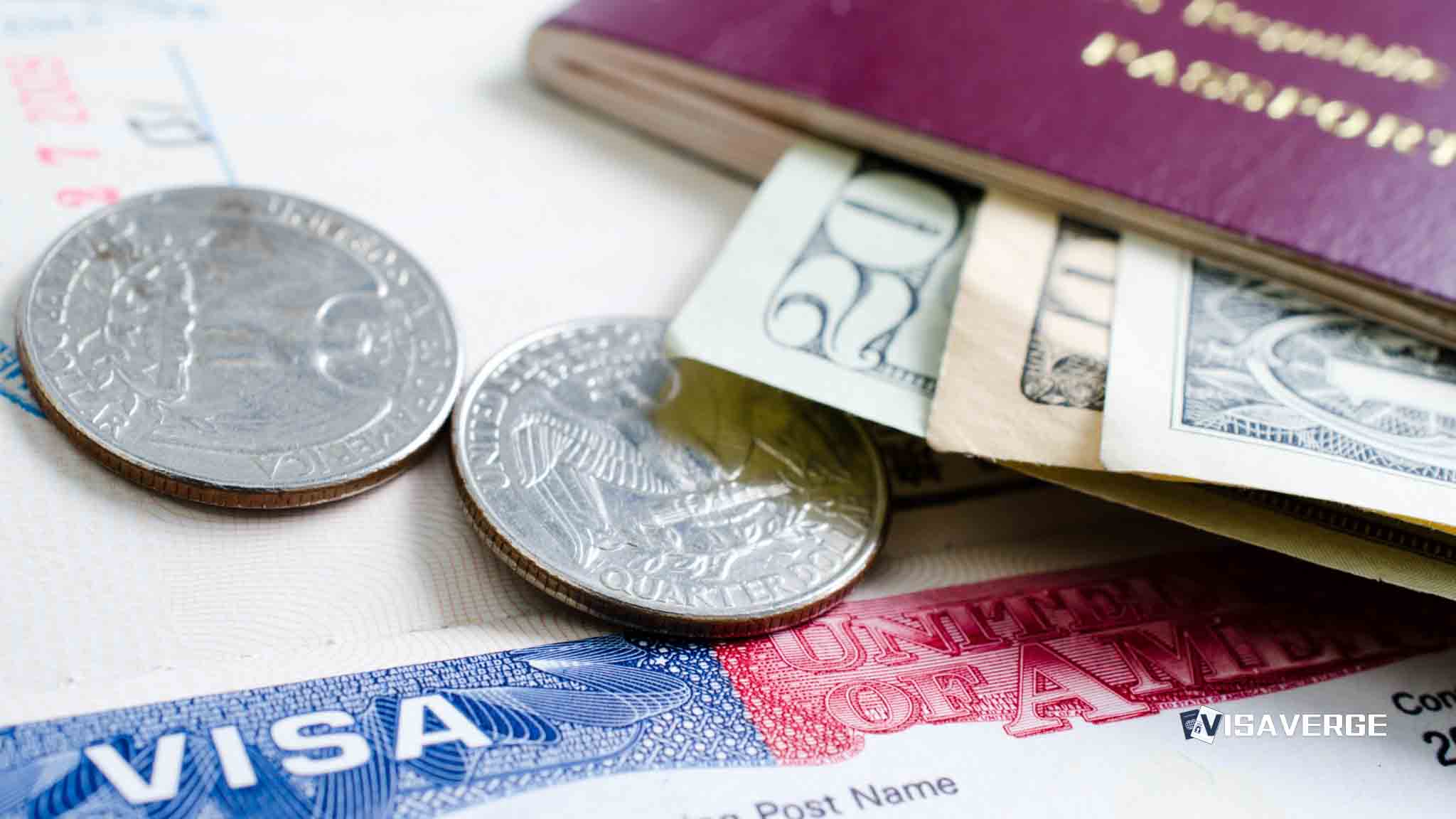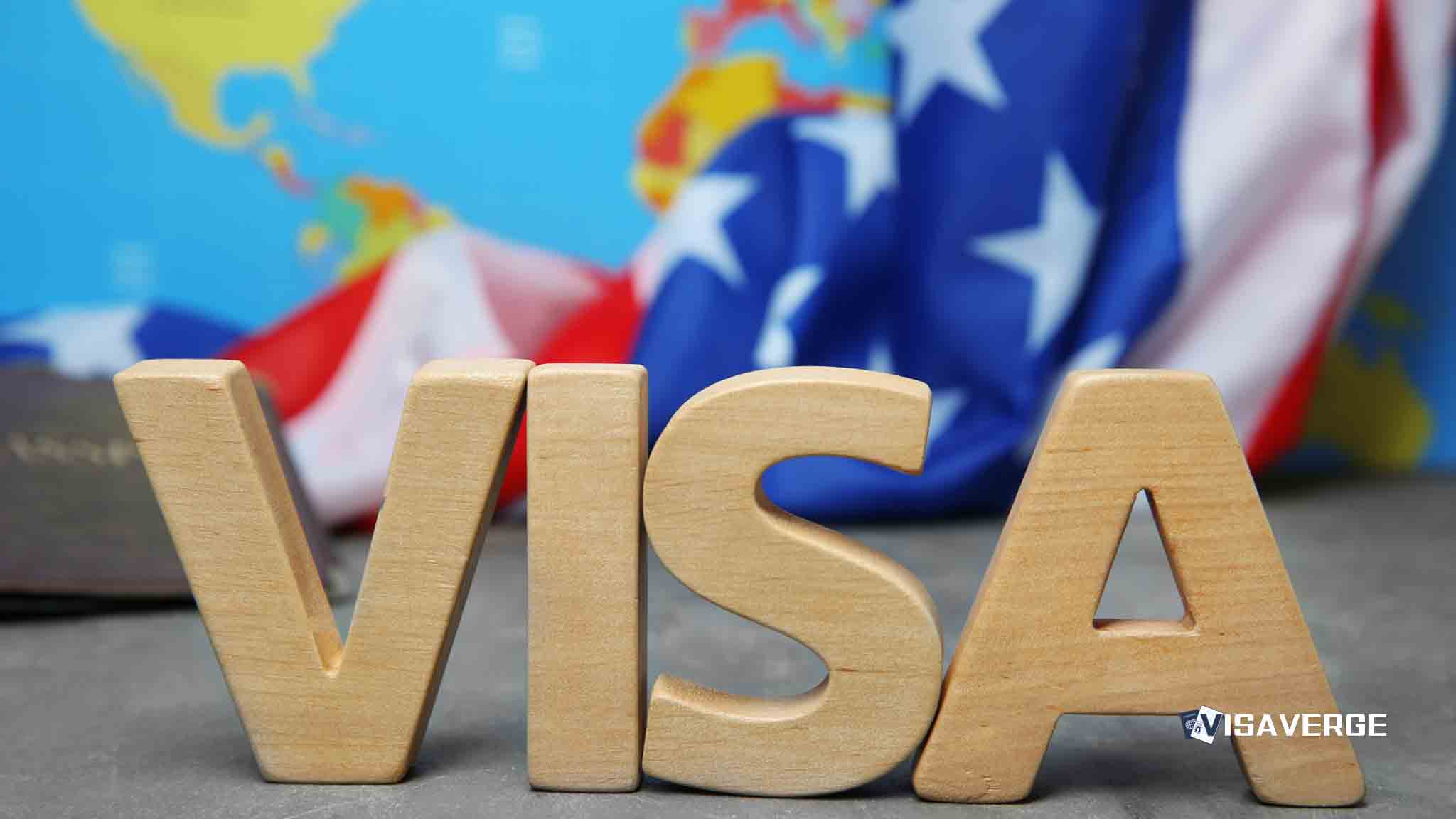(UNITED STATES (U.S.)) Applicants worldwide continue to receive a 221(g) notice and have their passport returned without stamping after visa interviews, as U.S. consulates press ahead with extra checks before making final decisions. As of September 21, 2025, consular officers are using 221(g) to signal that a case needs more review or documents. Officials stress this is a routine step, not a denial.
The core message to applicants is clear: your case is still open, your visa is not refused, and you may be asked to send papers or wait while the consulate completes administrative processing.

What triggers 221(g) and why passports are returned unstamped
When a consular officer cannot fully verify documents or facts during the interview, the officer can place the case in administrative processing under Section 221(g) of the Immigration and Nationality Act. In many of these cases, the passport is returned without a visa stamp so the applicant can either submit extra documents or hold on to the passport while security or background checks proceed.
U.S. consulates and the Department of State have not announced any changes in 2024–2025 that would remove or alter this tool. It remains a core part of visa screening, used to confirm eligibility and meet security duties before a visa is issued.
Applicants often worry when their passport is returned without stamping, but consular teams repeat that this is not a final outcome. The 221(g) notice keeps the case pending. If the officer later confirms eligibility, the applicant will be told to send the passport back for printing and visa issuance.
If more documents are needed, the 221(g) slip normally lists what to provide and how to submit it. In some cases, the post may call applicants for another interview or ask for biometrics. According to analysis by VisaVerge.com, applicants should read the slip closely and follow every instruction, as incomplete responses are a common cause of longer delays.
Common reasons for a 221(g) notice
A 221(g) notice signals the consular officer needs something more before making a final decision. The reasons commonly fall into these groups:
- Extra security or background checks that must be completed before visa issuance.
- Document verification with schools, employers, or other institutions.
- Requests for new or clearer evidence to support the application.
- A follow-up interview or biometrics when required by post-specific procedures.
A 221(g) notice is a holding stage — not a denial. If the officer later finds the applicant qualifies, the visa can be issued. If the needed information is not provided within the set period, the case can be refused.
One rule bears repeating: if you do not send the requested items within one year, you must reapply and pay the visa fee again.
Officials say the use of 221(g) stems from both legal and security obligations. Administrative processing under this section can include checks with other U.S. agencies, verification of job offers and education credentials, or enhanced reviews for sensitive fields. The tool protects national security while leaving the door open for approval if eligibility is confirmed later.
Consular managers have emphasized that this process remains active around the world, and there have been no announcements in 2025 to reduce or end its use.
Practical steps to take when you receive a 221(g) with passport returned
Applicants receiving a 221(g) notice with the passport returned without stamping should take these actions in order:
- Read the 221(g) slip line by line and note every item the consulate asks for.
- Prepare and submit the requested documents as directed, as soon as possible.
- If asked to attend another interview or provide biometrics, schedule and attend promptly.
- Wait while administrative processing finishes; responses from the post often arrive by email.
- Once the consulate clears the case, follow the instructions to resubmit the passport for visa printing.
- Receive the final decision. If approved, the passport will be returned with the visa. If refused, the visa fee is not refunded.
Applicants often ask how long to wait before checking in. While delays are stressful, repeated emails to the consulate do not speed up the process and may even slow staff who handle case work. Posts generally warn against frequent status checks.
Recommended actions while waiting:
- Ensure your contact details are correct and monitor email (including spam folders) for any update or request from the consulate.
- Keep your passport safe and avoid travel that would risk losing it while the case is pending.
- If helpful, consult an immigration attorney to organize evidence and manage communications in complex cases — especially for sensitive work visas or complicated academic credentials.
Processing times and limits
Processing times under 221(g) vary widely:
- Some cases resolve in a few weeks.
- Others take months.
- While some sources refer to a 60-day window for many cases, official guidance highlights case-by-case timing based on security checks, interagency reviews, and the complexity of facts.
Applicants should be aware of the commonly cited maximum recommended administrative processing time: up to 180 days (6 months) from the interview date. However, some cases may clear sooner or take longer depending on individual circumstances.
Important: No premium or expedited processing exists for 221(g) regardless of visa type or country of origin.
Practical tips to reduce delays
Delays can be especially hard for people with job start dates, study plans, or family events tied to travel. VisaVerge.com and immigration attorneys suggest these best practices:
- Send complete documents once, following the consulate’s instructions exactly.
- Provide clear job descriptions and accurate resumes for work visas in sensitive technology areas.
- Supply accurate transcripts and proof of funding for student cases.
- Avoid sending multiple duplicate emails to the post — it can slow processing.
- Consider legal help for complex or sensitive cases; an experienced attorney can help organize evidence and communications.
Background and outlook
Section 221(g) has long been part of the visa adjudication system. It allows temporary refusal while an officer gathers more information, including security reviews and outside agency checks. Officers may verify degrees, employers, or research topics when the case involves sensitive areas.
In 2024–2025, consulates continued to depend on administrative processing to handle complex cases. There have been no policy changes that remove the 221(g) option or cut its reach. Processing time remains variable: many applicants clear in weeks, others in months, and some take longer when checks are more complex or workloads are heavy.
For employers, the ripple effects are real: delayed start dates, project gaps, and staffing complications. For students, late arrivals can force deferrals or remote starts. For families, long waits can mean missing births, weddings, or funerals. These human costs underscore why clear instructions, patient follow-up, and timely evidence matter.
No forecast for 2025 points to an end of administrative processing. The Department of State has indicated that efficiency efforts continue, but security and eligibility checks will remain priorities. Applicants should keep an eye on their local embassy or consulate website for country-specific instructions, holiday closures, and courier rules that may affect passport submission once a case clears.
For authoritative information about administrative processing, the Department of State hosts an official resource page explaining how 221(g) works, timing expectations, and how posts communicate outcomes. Readers can review the guidance here: U.S. Department of State — Administrative Processing Information. This page reflects the government’s position that a 221(g) notice with a passport returned without stamping is a procedural step, not a final refusal, and that timing varies widely by case.
Key takeaways:
– A 221(g) notice and a passport returned without stamping means your case is pending, not denied.
– Respond quickly and completely to any document request — missing items can lead to longer holds or a refusal after one year of silence.
– Prepare for a wait: weeks to months are common, and there is no premium channel for 221(g) processing.
Applicants who follow instructions closely, keep records organized, and monitor email for consular messages place themselves in the best position to move forward once the post completes its review.
Frequently Asked Questions
This Article in a Nutshell
A 221(g) notice with a passport returned unstamped means the visa application is pending further administrative processing, not refused. Issued under Section 221(g) of the INA, consular officers use this step when documents or facts require additional verification, including security checks, school or employer confirmations, requests for clearer evidence, or follow-up interviews and biometrics. Applicants should read the 221(g) slip carefully, submit all requested items promptly, and avoid repeated inquiries that could slow processing. Typical resolution times vary from a few weeks to several months, with many sources citing up to 180 days; there is no premium or expedited channel for 221(g).








